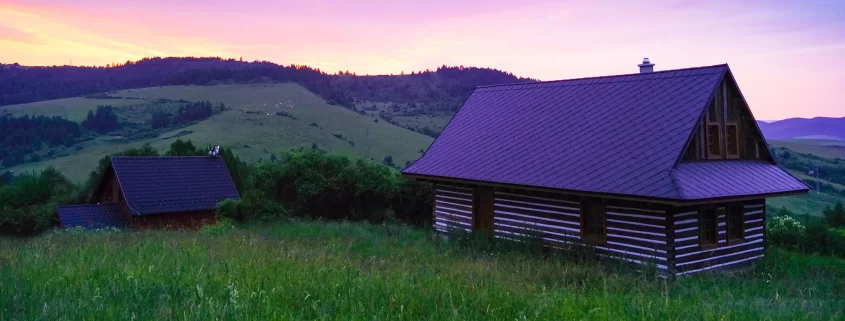
Transferring Pennsylvania Hunting Properties into a Trust
Pennsylvania is home to some of the best hunting land in the United States, and its rural counties remain a coveted destination for many sportsmen. Many families pass down their rights in hunting lodges and cabins to children and grandchildren. For those families with Pennsylvania land they wish to pass on, there are three common options for ensuring that property stays in the family.
Set up a Trust
Trusts are a great way to preserve assets for generational transfer from taxes, medical bills and more. Trusts also give great flexibility to settlors (those who set up the trusts) to determine how beneficiaries will share the land at issue. Trusts can create rules for beneficiaries to buy each other out or to otherwise give up their shares if they don’t desire to use the hunting land down the line.
At Cornerstone Law Firm, our attorneys have helped many out of state trustees during the setup process to deal with their family’s hunting lots. This may include special rules to govern the land or may simply follow other rules already being developed for a trust. Our attorneys can help by drafting new deeds or subdivision plans where necessary.
Create a “Family LLC”
A “family LLC” is a slang term that refers to the concept of using LLCs for estate planning purposes. An LLC can be developed to hold a vacation property or hunting lot. This not only protects the owners from liability, but also allows for “bylaws” to be written in the form of an Operating Agreement. The owners of the property can agree amongst themselves how to split costs, how to “charge” one another for disproportionate use of the property, and how an owner can get their value and get out of the property if they want to.
LLCs create tremendous flexibility in these respects, but there are costs to setting them up. They also contemplate business use of the property, even if just among the beneficial owners. LLCs also don’t generally address other estate planning needs that the oldest generation that owns the property may need to address.
Gift the Property By Deed
Finally, the simplest option for disposing of a vacation or hunting property is simply to deed it to the next generation. This does trigger a tax event, but this can be dealt with fairly simply depending on how much of your lifetime gift tax exemption you’ve already used. You should consult with a CPA or tax planner before making a final decision on this.
Deeds give several options for transferring property, including leaving a “remainder,” which generally doesn’t create the same tax issues. Deeding a property in this way can leave the oldest generation in control of the property during their lifetime while allowing it to seamlessly transfer outside of the probate process after death.
On the negative side, this type of transfer does not generally lend itself to rules and bylaws to prevent conflict between the next generation of co-owners. Many misunderstandings, including the cost of upkeep, disproportionate use of the property and ultimately different views of how to use the property can cause conflict in many unforeseen ways that may ultimately lead to litigation.
Conclusion
When you’re looking to transfer a vacation property or hunting lot generationally, there are many options. Our attorneys at Cornerstone Law Firm can talk you through your options and help you find a right solution for you. If you’re an out of state attorney, we’re happy to help your clients and you to determine state-specific options here in Pennsylvania and to handle deed transfers. Call us today to learn more.
